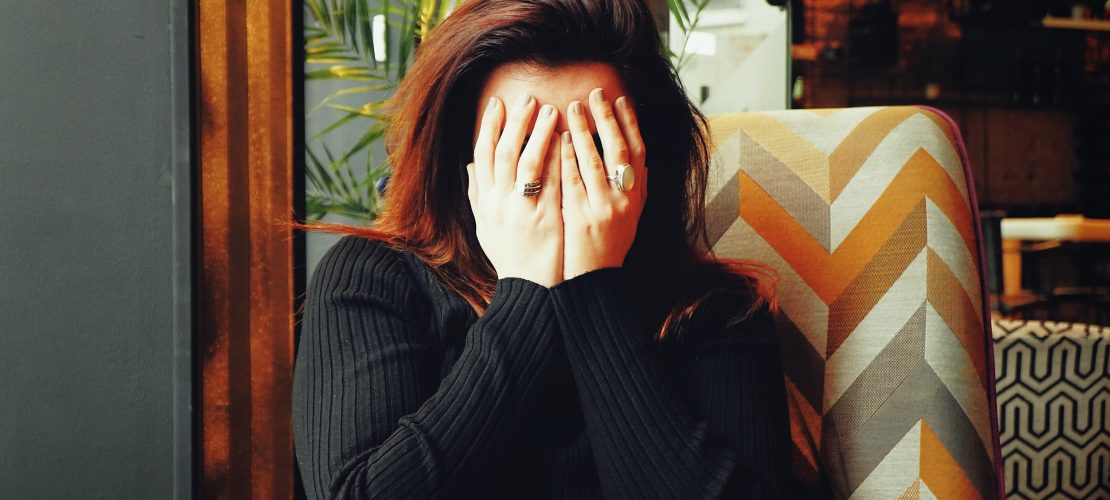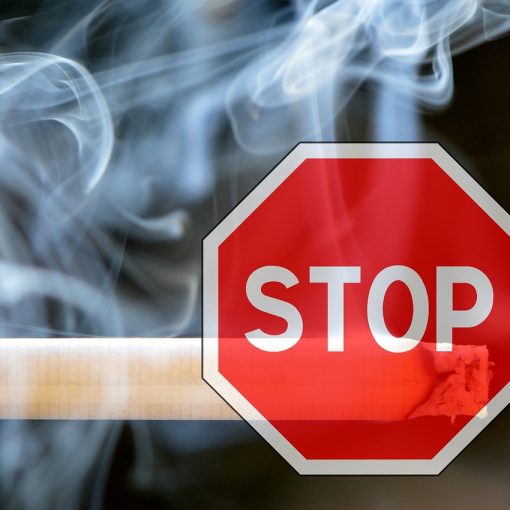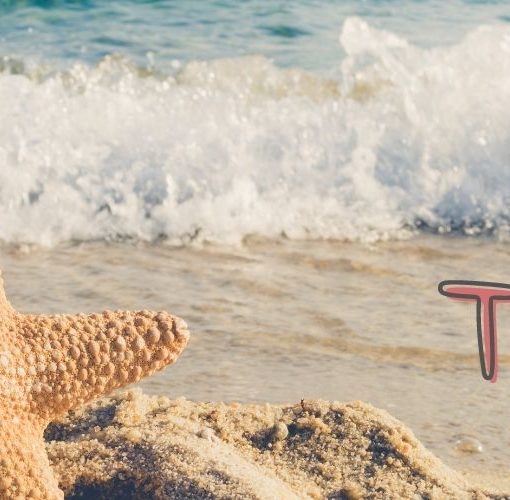This is a brief description of a case in which I used BWRT to stop blushing. All personal details have been changed to ensure client confidentiality.
Woman, mid thirties, works in media. Let’s call her ‘Mary’.
Mary emailed me, asking about a problem with blushing. As usual I suggested we chat on the phone so I could find out more and explain a bit more about BWRT.
She has tended to blush since the age of about 15 and it seems to have been getting worse recently. The reason for contacting me now is that she’s starting a prestigious new job and is concerned that the blushing shouldn’t continue to embarrass her in the new setting.
Of course, blushing is all about our concern with what other people think. No-one blushes when they are on their own. We are probably unlikely to blush when we’re with close friends or family. So the most ‘high risk’ situations are at work, perhaps with people we don’t know well, new acquaintances, a new partner or other settings when we are concerned about what people may think of us.
As anyone who has experienced it knows, it’s the feeling of embarrassment that makes blushing so bad. After all if you weren’t embarrassed it wouldn’t matter at all. But as soon as you start to feel embarrassed, (and especially if someone else comments on it) the blushing and feelings of embarrassment increase exponentially.
BWRT can usually sort out blushing quite quickly, so after chatting with Mary and making sure it would be right for her, that was my plan. We met online via Zoom, and I explained more about BWRT to stop blushing and how it works.
I asked her to think of her worst memory of blushing, without telling me what it was. She had quite a few. It’s good to have a specific memory and the worse it is the better, since it gives us something definite to work on.
So straight into the therapy. She could easily think of how she’d prefer to feel instead in that situation, so we went through the BWRT process, replacing her response with a new one.
Afterwards the feelings associated with her memory of blushing were much reduced. And the session was over. She was going away for a long weekend, before starting her new job the next week.
I booked her in for a follow up appointment in 10 days saying ‘See how it goes’.
When she returned, she reported having felt herself (almost) blushing once or twice, but it was much reduced from what it had been. She felt it happening, but it was as if all the heat had gone from it. And she hadn’t felt embarrassed by it at all.
‘Well that will be the old response just trying to carry on out of habit’, I said. ‘If you don’t pay attention to it, it will die away completely’.
And so it was. We spent the session reinforcing her new positive response. And two weeks later she reported no blushing.




